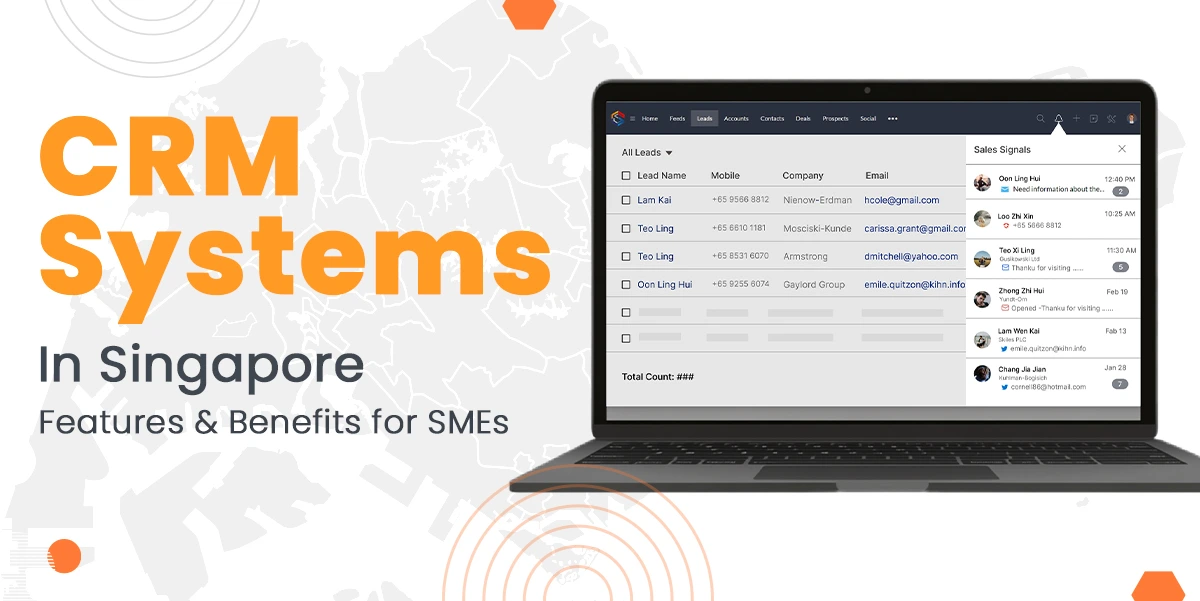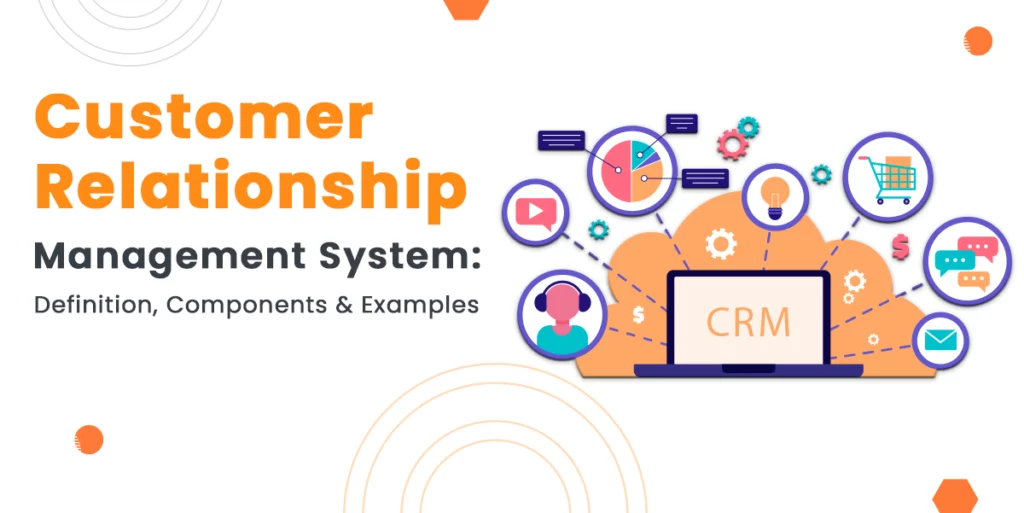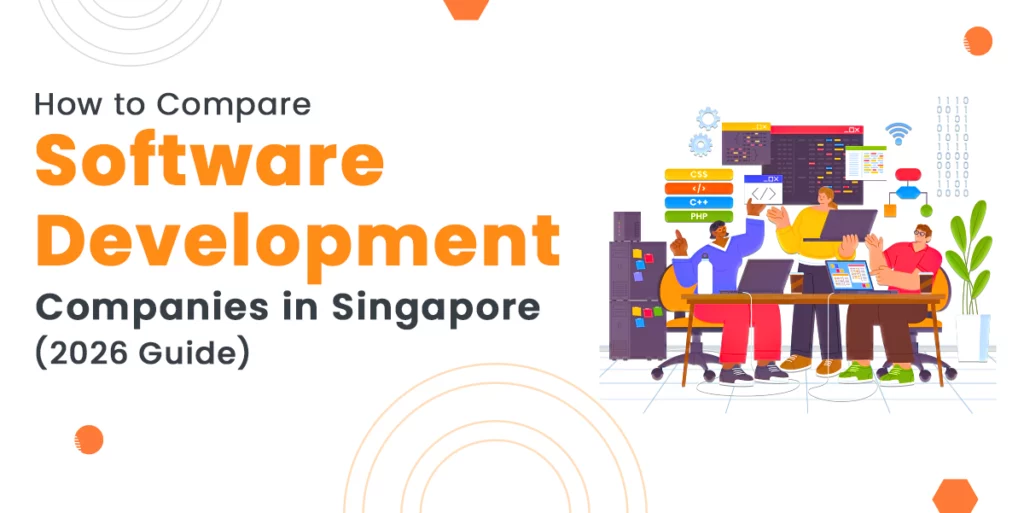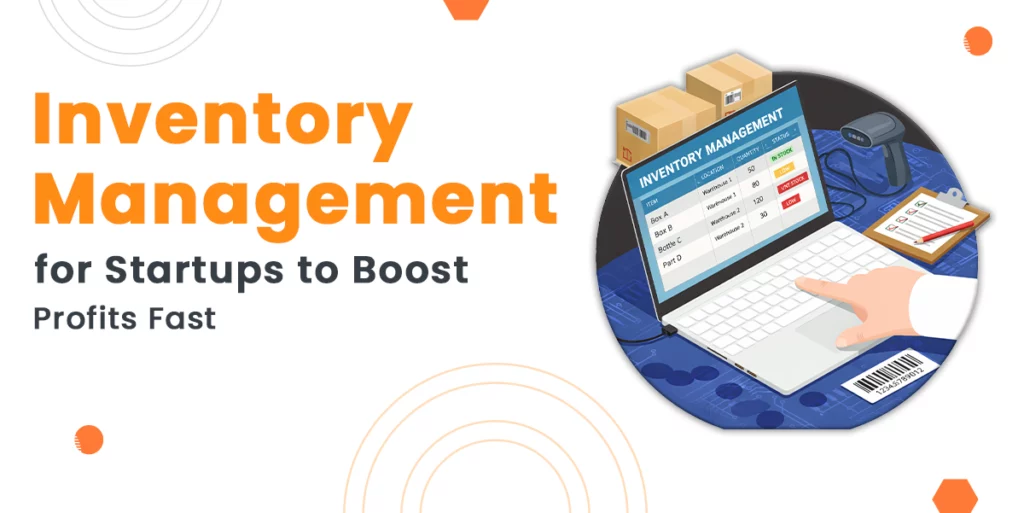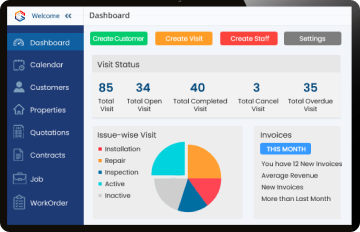A CRM system is able to supply small businesses in Singapore with the tools they require to centralise customer data, streamline merchandise sales and also automate daily tasks, offering them better agility as well as greater clarity.
CRM software not just stores names and figures, it allows teams to monitor leads, nurture leads and also offer excellent customer care.
The most effective CRM solutions in Singapore are adaptable and could enable you to achieve your objectives, whether you are a small company or a big enterprise. This particular blog will take a look at CRM systems for SMEs, characteristics, types, advantages, as well as regional considerations.
Why CRM Matters for Singapore’s SMEs
The SMEs are the foundation of the Singapore economy, with 99 % of all businesses.
Many organisations are still having issues with reactive service models, ineffective product sales tracking and unorganised customer information.
A small business CRM system in Singapore deals with these problems by centralising information, automating processes and enhancing decision-making via insights.
Beyond established firms, customer relationship management for startups also plays a vital role, giving young businesses the tools to stay organised, nurture leads, and scale faster in a competitive market.
Key Features of CRM Software for SMEs
SMEs (small and medium-sized enterprises) in Singapore are facing numerous challenges such as limited resources, lean teams and rapid development.
Not only does the best CRM software in Singapore resolve operational bottlenecks, but it also improves customer care, marketing, and sales. Below are the most important CRM software features for SMEs that can help businesses grow and compete more effectively.
1. Contact & Lead Management
At the core of any CRM system for small businesses, this feature stores, organises and tracks every interaction with leads and customers. It helps your team:
- Monitor contact history across email, phone, chat, and social media
- Segment leads by industry, behaviour, or stage in the funnel
- Assign ownership of leads to specific sales or service reps
- Add notes, tags, and follow-up reminders for personalised engagement
A centralised, searchable contact database enables teams to stay aligned and respond to leads more quickly and effectively.
2. Sales Pipeline Management Tools
A visual, stage-based sales pipeline is crucial for tracking opportunities from initial interest to closed deals. CRM tools allow you to:
- Create custom deal stages
- Drag-and-drop deals as they move through stages
- Track win/loss trends to improve conversion strategies
This feature provides visibility into the sales cycle, which helps teams to prioritise high-value opportunities.
3. Workflow & Marketing Automation
SMEs frequently handle numerous tasks. CRM automation decreases human error and will save time by:
- Sending auto-responses as well as follow-ups
- Scheduling and meetings for email campaigns
- Assigning tasks automatically to the right team members
- Triggering workflows when customers visit certain web pages or complete forms
Depending on customer behaviour (e.g., whenever you look at the price page), initiate actions based on that behaviour (e.g.:
The utilisation of automation tools helps to simplify everyday activities as well as ensure prompt engagement throughout the customer journey.
4. CRM Analytics Dashboard
Analytics provide insight into what’s working and what’s not. A robust CRM dashboard should offer:
- Real-time performance metrics (leads, sales, tickets)
- Conversion and engagement reports
- Sales performance comparisons by rep, region, or product
- Customer lifetime value and churn rate trends
Access to data-driven insights enables better forecasting and strategic planning.
5. Mobile CRM Apps
For SMEs with field teams or remote operations, mobile CRM access is essential because mobile apps should allow users to:
- Update customer data on the go
- Receive lead notifications
- Log calls, notes, and meetings directly from their phone
- Sync offline work once connected to the internet
Mobile-friendly CRM access boosts productivity and ensures constant connection with customers.
6. CRM Integration with ERP and Other Tools
When integrating customer relationship management solutions along with other business tools, like e-mail as well as CRM, the perfect solution must be seamless.
- Email platforms (e.g., Gmail, Outlook)
- Systems for accounting as well as invoicing.
- ERP, HR, or inventory platforms for end-to-end business visibility
Having robust integration capabilities helps to get rid of data silos and guarantee smoother operations.
7. Customer Support Tools
Customer service CRM software is a key differentiator for SMEs. CRM systems should include:
- Live chat, ticketing, and help desk modules
- Chatbots for 24/7 support
- Customer issue history tracking to personalise future support
These tools help improve response times and deliver consistent customer experiences.
8. Customisation & Scalability
As your business grows, your CRM must evolve. Look for platforms that offer:
- Custom fields, dashboards, and workflows
- Role-based access control and permissions
- Support for adding new teams, users, or locations
- Workflow flexibility to mirror your processes
Flexibility ensures the CRM can be tailored to your processes and scale with your team.
Types of CRM Systems for SMEs in Singapore
CRM systems come in different types. Each one helps businesses in different ways. When SMEs in Singapore learn about the types, they can pick the right CRM system for small businesses in Singapore that fits their needs and customer goals. Here are the four main types of CRM systems:
1. Operational CRM
An operational CRM fuses sales, marketing and customer care in one single seamless process, helping companies minimise messy jobs, collect consumer info and manage interactions with smart tools.
It can help teams keep track of every customer step, convert leads into genuine customers and also increase earnings. Automation is among its best strengths, since it saves time and gets rid of repetitive tasks.
2. Analytical CRM
An analytical CRM turns customer data into smart ideas. It studies what your customers like, what they do and how they act. This type of CRM spots patterns, tells stories with numbers and helps you plan better.
It’s perfect for businesses that gather lots of data and want to group customers, predict sales and shape marketing using real facts.
3. Collaborative CRM
A collaborative CRM, at times known as a strategic CRM, enables teams to talk about customer information in a single location, so everyone is able to work more efficiently.
It combines two crucial elements, which are interaction management that monitors email, call or every chat to make sure teams communicate clearly without repeating emails and channel management, which establishes the best way to reach every customer and also produces smarter, much more personalised replies.
4. Strategic CRM
Strategic CRM looks at long-term goals. It uses past data to plan how to keep customers happy for a long time. It creates plans to build trust, win loyalty and grow value with each customer.
While operational CRM manages daily tasks, strategic CRM follows big dreams like shaping your brand or expanding into new markets—all while staying close to your customers.
Benefits of CRM Systems for Local SMEs
For small and medium-sized enterprises (SMEs) in Singapore, a CRM system does more than hold names and numbers as it becomes a smart helper.
Businesses that move faster, clear extra work, and keep loyal customers use CRM systems to grow smoothly. Here are the key benefits local SMEs gain by using a CRM system:
1. Stronger Customer Relationships
CRM systems bring together customer details like names, telephone numbers, likes, previous purchases, and messages in one easy-to-search space. This clear view helps your teams:
- Follow customers from the first chat to repeat orders
- Customise messages that match each person
- Jump in with quick answers when customers need help
With everything in one spot, teams stay in sync, and customer chats feel more real and caring.
2. Streamlined Sales Operations
Sales teams in small businesses often handle too much. CRM systems make things simple by:
- Passing new leads to the right team member
- Dropping in reminders for follow-ups
- Fixing contact lists and keeping records fresh
Smart tools like pipeline tracking and lead scoring point out the best chances to close deals so your team can chase what counts.
3. More Targeted Marketing Campaigns
Old-style marketing doesn’t work anymore. A good CRM guides your team to:
- Start email flows that match customer clicks or buys
- Split your contacts by age, likes, or past orders
- Watch social replies and likes to fine-tune posts
These tools let SMEs send smarter messages, boost sales and cut down guesswork.
4. Elevated Customer Service Experience
People in Singapore expect fast, friendly and sharp support. CRM systems help by:
- Opening up each customer’s full story for the service team
- Zipping tickets to the right helpers and answering common questions with bots
- Marking goals and keeping track of how fast you solve problems
With this, your team fixes issues quickly, and customers stick around longer.
5. Cost Efficiency & Resource Optimisation
CRM systems help small businesses save money and work simply by:
- Skipping the need for big local servers through cloud storage
- Clearing up wasted time using auto-tools and clean data
- Stretching every dollar by turning more leads into loyal customers
In short, CRM systems save your time, boost your growth, and get you ready to grow bigger in Singapore’s fast market. This makes them especially valuable for niche industries, for example, a CRM for real estate agents in Singapore can manage property listings and buyer interactions, while a CRM for the healthcare industry in Singapore can track appointments and protect sensitive patient information.
How to Choose the Right CRM Vendor in Singapore
When searching for CRM software in Singapore, you have to consider finding a partner that is going to help you expand, not simply a list of features.
The perfect CRM system for SMEs in Asia, particularly in emerging markets like Singapore, should have the ability to meet your business objectives, meet your market’s requirements and also be scalable while still offering sound community support and protecting your information.
What follows is a look at the leading CRM systems in Singapore, which SMEs can rely on :
1. Start with Strategy, Not Software
Before exploring vendors, define what you want to achieve with your CRM:
- Are you trying to raise lead conversion rates?
- Would you wish to streamline marketing initiatives or enhance customer care response times?
- Do you require insights to make better business decisions?
Understanding your strategic objectives will enable you to judge CRM vendors based on business results, not only technical capabilities.
2. Local Fit Matters for CRM in Singapore
Choosing a CRM system in Singapore for businesses can be seamless if you consider:
- Data protection compliance: Ensure the platform conforms with Singapore’s PDPA (Personal Data Protection Act).
- Checking for local support: Does the support have a local office, local partners, or is it a timezone-specific customer searching?
- Relevance in cultural as well as language terms: Multi-language support as well as knowledge of regional customer behaviour is a plus.
This is crucial for regulated industries such as real estate, finance and healthcare.
3. Match Features to Business Needs
Your CRM should be tailored to your size, sector and workflows. Prioritise features such as:
- Lead management with CRM
- Sales pipeline management tools
- Automation
- CRM analytics dashboard
- Mobile CRM apps in Singapore
- CRM integration with ERP systems
4. Check for Scalability and Customisation
Choose a CRM that grows with your business:
- Avoid platforms that lock you into rigid structures or costly upgrades.
- Be sure you select a CRM that will grow with your business.
- Are you able to scale it to allow for additional users or business units?
- Does it have customised fields, dashboards, workflows, and role-based access?
- Can it support scalable CRM solutions in Singapore? Are SMEs able to grow without changing platforms?
- Keep away from platforms which force you into rigid structures or expensive upgrades.
5. Test the User Experience (UX)
Adoption is everything. Even the most powerful CRM will fail if your team doesn’t use it.
- Is the interface intuitive and user-friendly?
- Can non-technical staff use it without intensive training?
- Does the mobile app offer full functionality?
Request a free trial or live demo and let actual users in your team explore it hands-on.
6. Evaluate Total Cost of Ownership (TCO)
Beyond subscription costs, consider:
- Set-up or onboarding fees
- Customisation and integration costs
- Add-ons or future upgrades
- Time and resources for training
Sometimes, the best cloud-based CRM system in Singapore for SMEs can invest in may have a slightly higher upfront cost but significantly better ROI in the long run.
7. Check Integration Capabilities
Your CRM should not perform only a single task. Make sure it connects with
- Your email, marketing and messaging platforms
- ERP, accounting, or HR systems
- Additional productivity tools consist of task managers, calendars, eCommerce dashboards as well as task managers.
This enables your business to have complete automation as well as end – to – end visibility.
8. Assess Vendor Credibility and Industry Fit
Always check:
- Case studies or success stories from Singapore-based SMEs
- Reviews from similar industries
- Years of experience and support responsiveness
Look for vendors that understand your industry dynamics and local business environment not just generic global solutions.
Local Considerations for CRM Adoption in Singapore
CRM systems give value everywhere, but SMEs in Singapore must match them with local rules, habits, and customer needs. Success comes not only from smart tools but also from how well the CRM fits the Singaporean way of doing business. Here are some key local considerations.
1. Compliance with PDPA (Personal Data Protection Act)
Singapore’s PDPA governs how businesses collect, use and share customer data. A reliable CRM system must secure information with strong access controls, track consent for marketing, and store records safely under local or regional standards.
2. Timezone-Aligned Support and Service
SMEs in Singapore need CRM support that works on Singapore Standard Time (SGT) to solve issues quickly and avoid disruptions.
The right vendor should offer APAC-based support teams, live chat or phone assistance during working hours, and easy access to guides or community forums.
3. Language and Cultural Nuance
Singapore’s diverse market needs CRM systems that support multi-language templates, tailor messages to local culture, and segment customers by region or preference to build stronger engagement.
4. Integration with Local Tools & Payment Gateways
Many SMEs in Singapore rely on local platforms for e-commerce, logistics, accounting, and payments. A CRM should integrate with these tools, support GST-compliant invoicing and IRAS reporting, and align with digital payment preferences.
5. Scalability in Southeast Asia
Many SMEs in Singapore aim to expand across ASEAN markets, making scalability essential. A strong CRM should handle multi-currency, support region-specific workflows, meet compliance needs, and secure cross-border data.
6. Government Grants & Support for CRM Adoption
Singapore provides several funding schemes to promote technology use, including CRM adoption. SMEs may benefit from the Productivity Solutions Grant (PSG), SMEs Go Digital or the Enterprise Development Grant (EDG).
Conclusion
For SMEs in Singapore, adopting a CRM system is no longer a choice but it is a necessity for growth and survival in a competitive market. By unifying sales, marketing, and customer service, customer relationship management software enables businesses to streamline processes, track every customer interaction, and make smarter, data-driven decisions.
Features like automation, analytics, mobile apps, integrations, and even AI-powered CRM solutions allow lean teams to operate more efficiently while delivering faster, more personalised service.
Beyond technology, local considerations such as PDPA compliance, regional scalability, and access to government support make CRM adoption practical and sustainable for SMEs.Singapore’s small businesses are able to improve scale, customer loyalty, and sales performance in local marketplaces confidently, developing the long-term success of the digital economy.
At Genic Solutions, we deliver tailored CRM and ERP solutions designed to help local businesses operate smarter and expand faster. With reliable support, we guide you every step of the way.

